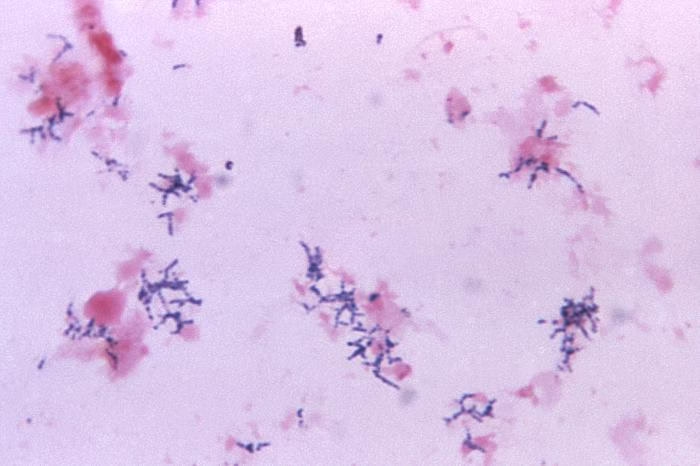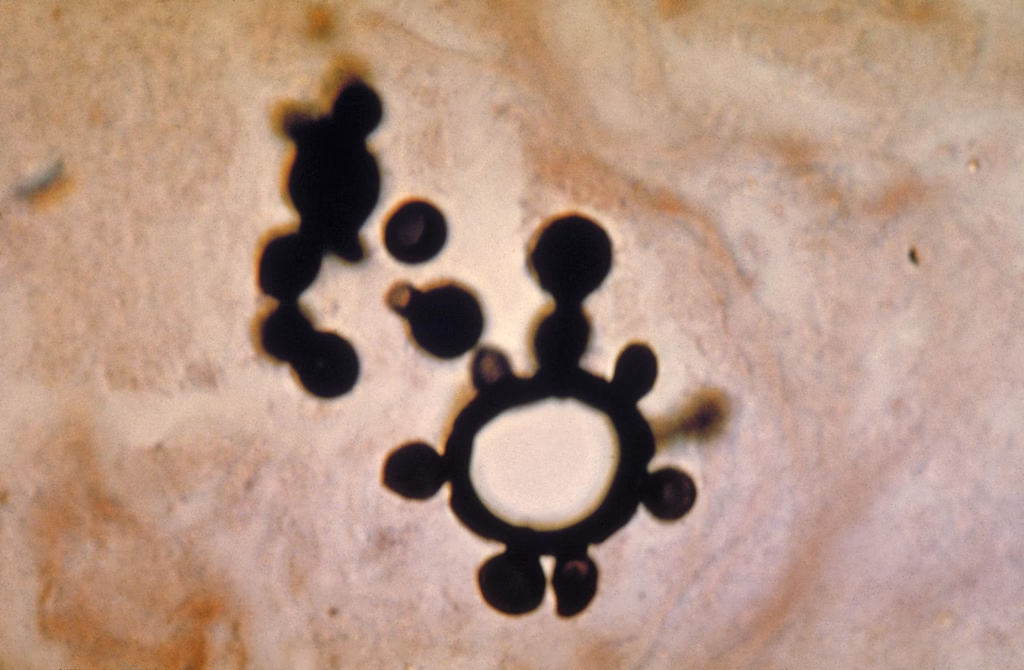
Introduction Nocardia is a genus of aerobic, gram-positive, partially acid-fast, branching filamentous bacteria found in soil, decaying organic matter, and water. They are opportunistic pathogens that cause nocardiosis, an infection Read More ……..
Simplifying Allied Health Learning.

Introduction Nocardia is a genus of aerobic, gram-positive, partially acid-fast, branching filamentous bacteria found in soil, decaying organic matter, and water. They are opportunistic pathogens that cause nocardiosis, an infection Read More ……..

Introduction Actinomyces are a group of filamentous, gram-positive, non-acid-fast, facultative anaerobic (or microaerophilic) bacteria that are part of the normal flora of the human oral cavity, gastrointestinal tract, and female Read More ……..

Introduction Mycetoma fungi is a chronic, granulomatous infection of the skin, subcutaneous tissue, and sometimes deeper structures like bone. It is characterized by the formation of tumor-like masses, sinus tracts, Read More ……..

Introduction Dematiaceous fungi are a heterogeneous group of melanized fungi characterized by the presence of dark, pigmented hyphae and spores due to the production of melanin in their cell walls. Read More ……..

Introduction Paracoccidioides is a dimorphic fungus that causes paracoccidioidomycosis (PCM), a systemic fungal infection endemic to certain parts of Latin America. The disease primarily affects the lungs but can disseminate Read More ……..